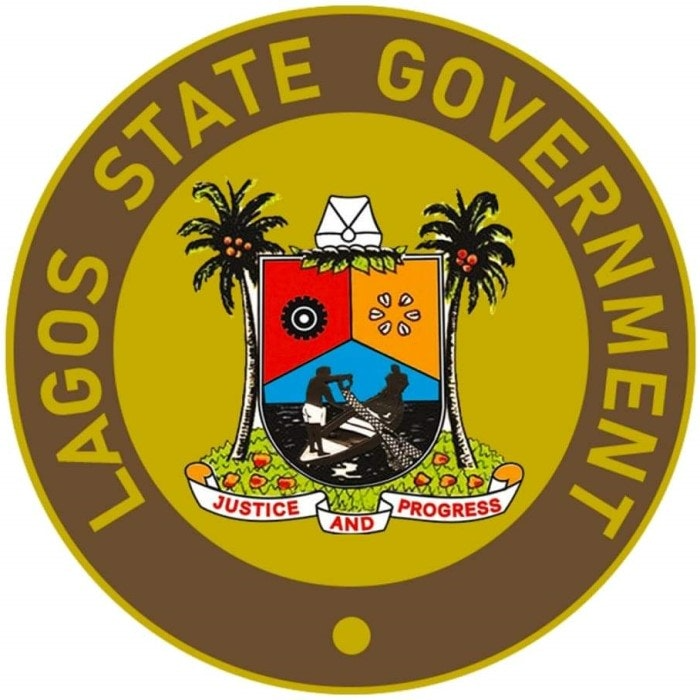Nigeria US visa policy not changed, says Tinubu aide, as FG denies ending five-year visa for American citizens amid US reciprocity claims
The Nigerian government has denied halting the issuance of five-year multiple-entry visas to United States citizens, insisting that the Nigeria US visa policy remains unchanged and governed by long-standing bilateral agreements.
Also read: UK digital visa policy begins 15 July for Nigerian students, workers
This clarification came on Wednesday via a statement from Bayo Onanuga, Special Adviser to President Bola Ahmed Tinubu on Information and Strategy, who described the reports of a visa policy change as fake news.
He stated emphatically that Nigeria continues to grant five-year non-immigrant visas to US citizens in line with the principle of reciprocity.
“The Nigerian government has not deviated from granting US citizens a 5-year multiple-entry non-immigrant visa,” Onanuga noted in the statement.
“Just as the US continues to grant Nigerians similar visas, we remain committed to existing bilateral understandings.”
The issue emerged amid tensions following the United States’ decision to limit certain Nigerian non-immigrant visa categories to 24 months or less.
The US had cited non-reciprocity as its justification, alleging that Nigerian authorities had failed to mirror its visa conditions.
But Onanuga insisted that this reasoning was inaccurate. “The US government’s claim of reciprocity as the reason for its current visa policy towards Nigeria does not accurately reflect the actual situation,” he said.
The statement noted that President Tinubu, upon assuming office, directed all federal agencies to uphold existing diplomatic agreements. This included directives to adhere strictly to the principle of reciprocity in Nigeria’s foreign relations.
At the centre of the current confusion is the rollout of a new e-visa policy by Nigeria.
The Nigerian government has not deviated from granting US citizens a 5-year multiple-entry non-immigrant visa.
The 90-day single-entry validity period applies only to this fast-track electronic system, introduced to replace the now-defunct visa-on-arrival framework.
It is intended for tourists and short-term business visitors who seek a quicker alternative to the traditional visa process.
According to Onanuga, the e-visa offers a simplified process that does not require visits to embassies, and applications are processed within 48 hours.
He explained that the measure aligns with President Tinubu’s broader reforms aimed at boosting tourism, trade, and the ease of doing business.
“This new process is modern, efficient, and transparent,” Onanuga said. “It also tackles issues of extortion that were rampant under the previous visa-on-arrival scheme.”
Despite offering the e-visa option to American citizens, Nigeria has not received a similar gesture from the United States.
The Tinubu administration, however, remains committed to resolving the issue through ongoing diplomatic engagement.
“The Ministry of Foreign Affairs and other senior officials will continue to engage with the United States to address the unfavourable restrictions in a just and fair manner that reflects the mutual respect and partnership between our two nations,” the statement read.
While the government clarified that no existing five-year visa framework has been withdrawn, it acknowledged that perception issues may have arisen due to the lack of public understanding surrounding the new e-visa programme.
The administration reiterated its stance on deepening Nigeria–US relations, particularly in areas of trade, investment, and people-to-people ties, which have long underpinned the relationship between both nations.
Also read: UK immigration reform 2025 enforces stricter rules, bans care worker visas
As of now, the Nigeria US visa policy maintains the five-year multiple-entry visa for American travellers, and Abuja continues to seek a reciprocal response from Washington regarding electronic visa access for Nigerian citizens.
Source: Read more at tvcnews.tv





























